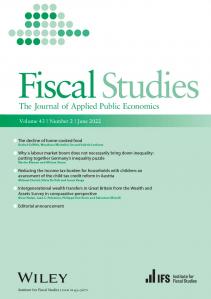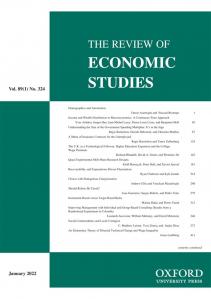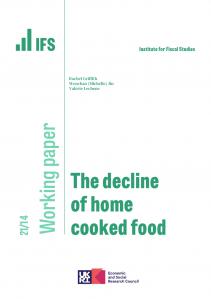Comment
There has been heated debate over the increase in tuition fees to £9,000 a year for many students that occurred in 2012. But another major change to the support for disadvantaged students was introduced at the same time: not only were universities required to provide details of their proposed financial support schemes and access programmes before they were allowed to charge fees above £6,000, but also the government introduced a National Scholarship Programme (NSP), designed to offer additional financial support to students via their universities. Here we provide an in-depth analysis of the financial support that universities have been offering since 2012 and the likely consequences now that the government has announced that the NSP will no longer provide support for undergraduate students from 2015.







































